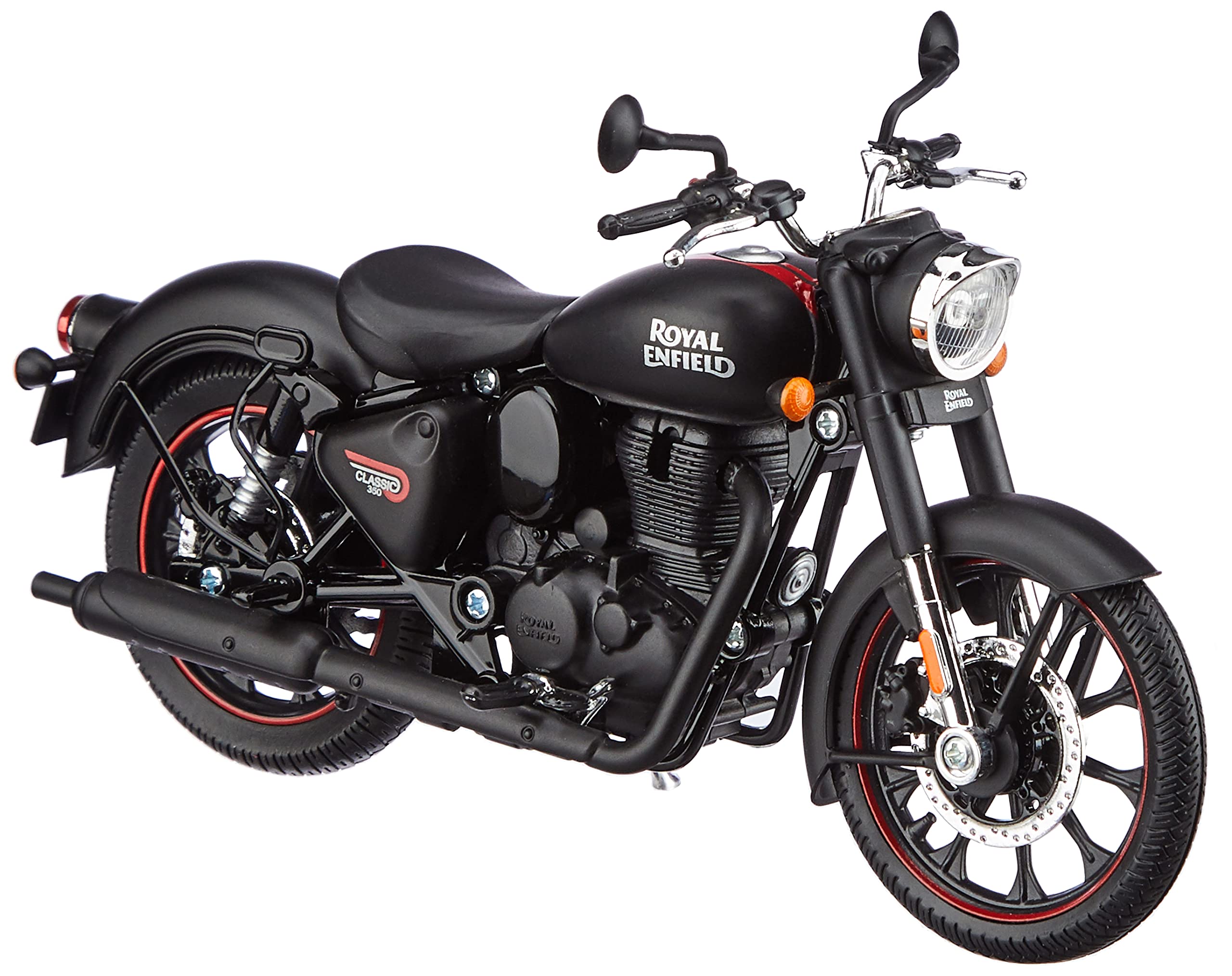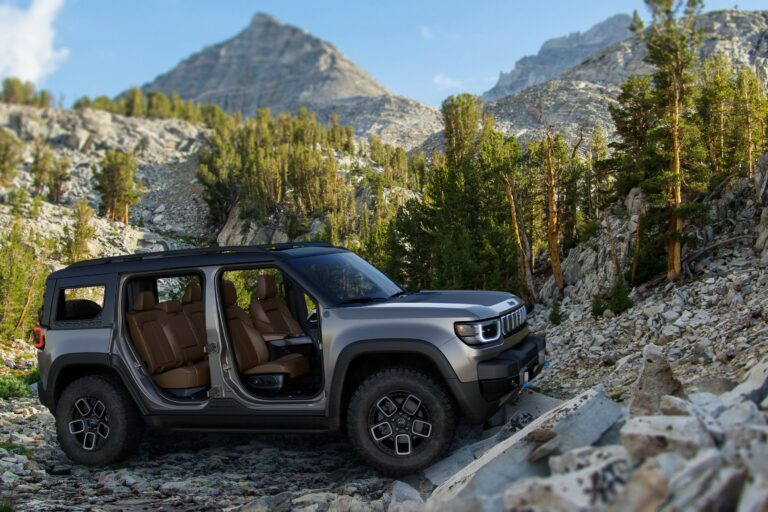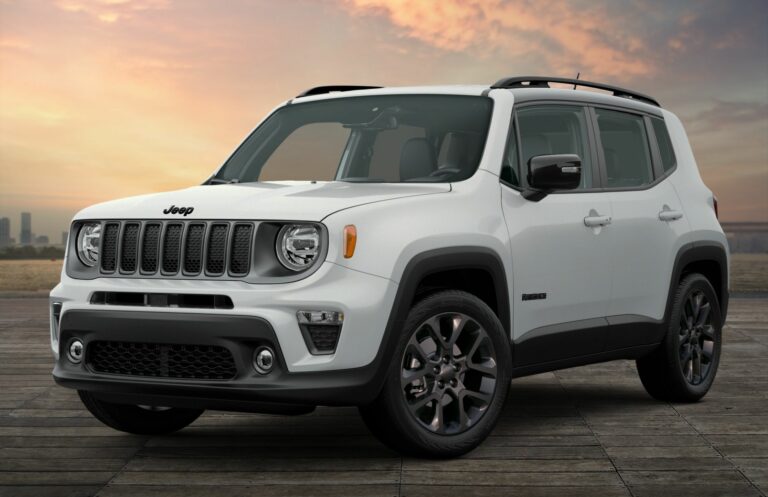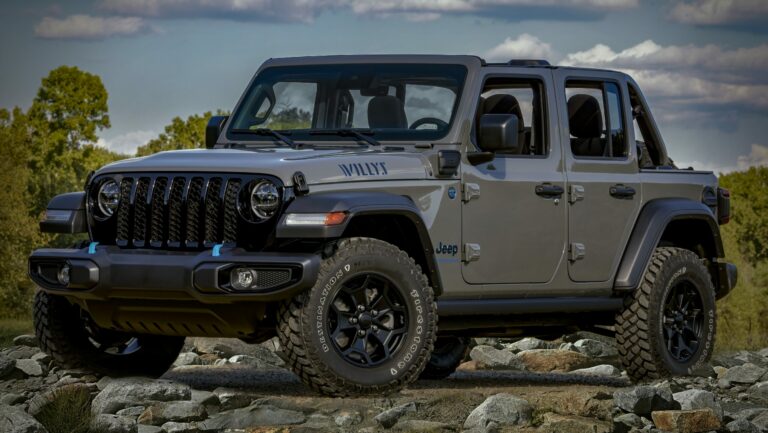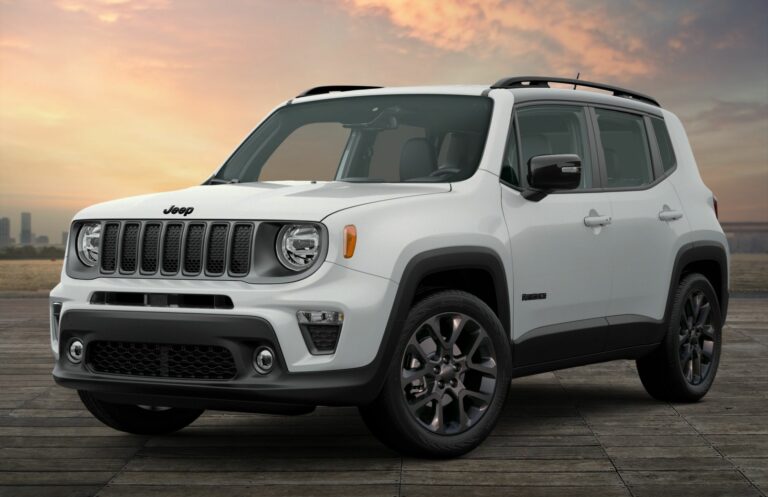Classic Jeep Trucks For Sale: A Comprehensive Guide to Owning a Piece of Americana
Classic Jeep Trucks For Sale: A Comprehensive Guide to Owning a Piece of Americana jeeps.truckstrend.com
Introduction: The Enduring Allure of Classic Jeep Trucks
Few vehicles evoke a sense of rugged individualism, timeless adventure, and quintessential Americana quite like a classic Jeep truck. These aren’t just old pickups; they are tangible links to a rich automotive heritage, born from the legendary capabilities of the original military Jeeps and adapted for civilian life. From the iconic flat-fender Willys pickups that helped rebuild post-war America to the robust J-Series workhorses and the modern-yet-classic Comanche, Jeep trucks have always embodied durability, utility, and an unparalleled ability to tackle challenging terrain.
Classic Jeep Trucks For Sale: A Comprehensive Guide to Owning a Piece of Americana
For enthusiasts, collectors, and those simply seeking a vehicle with character and a story to tell, the pursuit of a classic Jeep truck for sale is more than a transaction—it’s a journey into a bygone era of straightforward engineering and unparalleled charm. In an age dominated by sleek, complex modern vehicles, the simplicity and raw appeal of a classic Jeep truck stand out, offering a driving experience that is both engaging and deeply satisfying. This comprehensive guide will navigate the landscape of classic Jeep trucks for sale, providing insights into their history, what makes them desirable, how to find and evaluate them, and what to expect when you bring one home.
A Legacy Forged in Steel: The History of Jeep Trucks
The lineage of Jeep trucks is as compelling as their rugged aesthetic. It began shortly after World War II, as Willys-Overland, the primary manufacturer of the military "Jeep," recognized the vast potential for a civilian version.
-
Willys-Overland Pickups (1947-1965): The first true civilian Jeep trucks, these vehicles shared much of their DNA with the CJ (Civilian Jeep) line. Known for their distinct flat fenders, robust frames, and the reliable "Go-Devil" and "Hurricane" engines, these trucks were agricultural workhorses, beloved by farmers and tradesmen for their go-anywhere capability and straightforward design. They established the foundational reputation for Jeep utility.
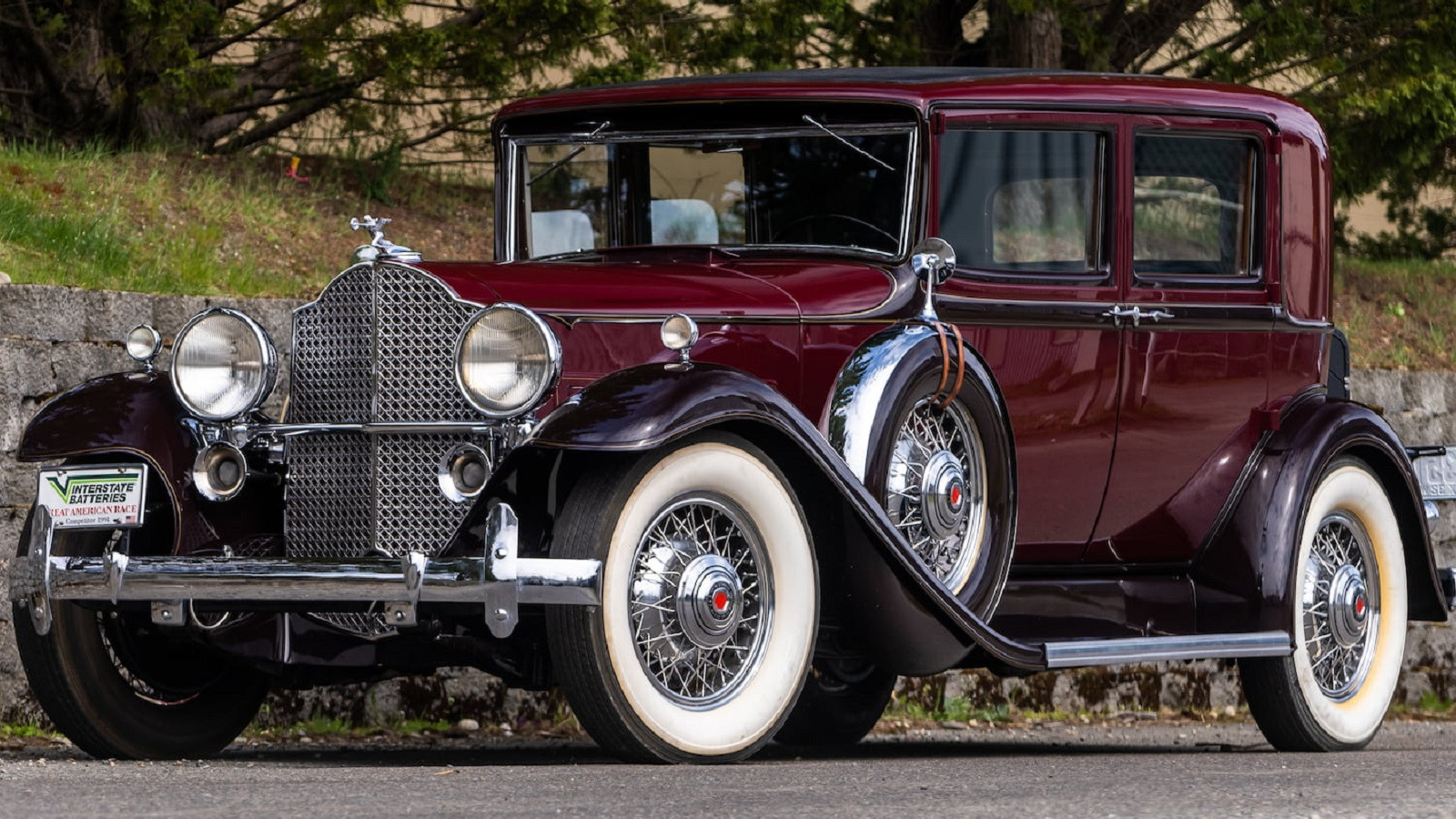
Jeep FC (Forward Control) Series (1956-1965): A radical departure in design, the FC series featured a cab-over-engine configuration, maximizing cargo space in a relatively compact footprint. Available in various wheelbases (FC-150, FC-170), these quirky yet highly practical trucks were often used for specialized purposes, including utility vehicles, fire trucks, and even airport tugs. Their distinctive look makes them highly sought after by collectors today.
-
Jeep Gladiator / J-Series (1963-1988): Arguably the most recognizable and enduring line of classic Jeep trucks, the Gladiator (later simply known as the J-Series) was a game-changer. Built on the Wagoneer platform, these full-size trucks offered a combination of rugged capability with a newfound level of comfort and style. They evolved through various iterations, including the J-10, J-20, and the luxurious "Honcho" trim, becoming popular choices for both work and recreation. Their long production run and robust mechanicals mean a wider availability of parts and vehicles today.
-
Jeep Comanche (MJ) (1986-1992): The last dedicated Jeep pickup until the new Gladiator, the Comanche was based on the popular Cherokee (XJ) unibody platform. Offering a more car-like ride while retaining respectable off-road prowess, the Comanche carved its own niche as a compact, yet capable, truck. Its relatively short production run and unibody construction make it a unique and increasingly desirable classic.
This rich history is a significant part of the appeal for many buyers, offering a connection to a specific era of American manufacturing and a testament to enduring design.
Why Invest in a Classic Jeep Truck?
The decision to purchase a classic vehicle is often driven by passion, and classic Jeep trucks offer a compelling blend of practical and emotional benefits:
- Unmatched Character and Style: Modern trucks, while capable, often lack the distinct personality of their classic counterparts. A vintage Jeep truck stands out in a crowd, turning heads and sparking conversations wherever it goes. Each dent, faded paint patch, and weathered interior tells a story.
- Rugged Durability: These vehicles were built in an era when simplicity and robustness were paramount. Their body-on-frame construction, solid axles, and often straightforward mechanical systems mean they were designed to endure harsh conditions and heavy use. With proper maintenance, they can last for decades.
- Nostalgia and Heritage: For many, owning a classic Jeep truck is a connection to childhood memories, a simpler time, or a piece of automotive history. It’s about preserving a legacy and experiencing driving in a more visceral way.
- Customization Potential: Classic Jeep trucks are fantastic platforms for customization. Whether you’re aiming for a period-correct restoration, a lifted off-road beast, or a unique restomod with modern amenities, the possibilities are vast. A thriving aftermarket exists for many models.
- Investment Potential: While not all classic vehicles appreciate in value, well-maintained, rare, or expertly restored classic Jeep trucks, particularly certain J-Series or FC models, can hold or even increase their value over time. They represent a tangible asset that can be enjoyed while potentially growing in worth.
- Community: Owning a classic Jeep truck connects you to a passionate community of enthusiasts, offering opportunities for camaraderie, shared knowledge, and organized events.
Key Models and Their Appeal
When searching for a classic Jeep truck, certain models frequently emerge as popular choices, each with its own distinct charm and considerations:
-
Willys-Overland Pickups (1947-1965):
- Appeal: Quintessential post-war Americana, highly collectible, simple mechanics.
- Considerations: Often require extensive restoration, parts can be harder to find than later models, less comfortable for modern driving.
- Ideal for: Dedicated restorers, collectors, period-correct enthusiasts.
-
Jeep FC (Forward Control) Series (1956-1965):
- Appeal: Unique, quirky design; excellent utility for its size; a true conversation starter.
- Considerations: Rarity means higher prices and harder-to-find specific parts, driving dynamics take getting used to, limited creature comforts.
- Ideal for: Niche collectors, those seeking a truly distinctive classic, light commercial use.
-
Jeep Gladiator / J-Series (J10, J20, Honcho) (1963-1988):
- Appeal: Versatile, robust, relatively comfortable for a classic, strong aftermarket support, wide range of trim levels and engine options. The "Honcho" package is particularly sought after for its distinctive graphics and luxury features.
- Considerations: Can suffer from rust, especially in rear quarters and bed, fuel economy is poor, some parts can be difficult for later years (e.g., specific body panels).
- Ideal for: Daily drivers (with some upgrades), off-road builds, general classic truck enthusiasts, those wanting a balance of utility and style.
-
Jeep Comanche (MJ) (1986-1992):
- Appeal: More modern driving feel, relatively good fuel economy for a classic truck, excellent off-road capability (especially 4×4 models), shares many parts with the popular Cherokee (XJ).
- Considerations: Unibody construction means frame rust is less of an issue but body rust can be challenging, less "classic" feel than older models, can be difficult to find in pristine condition.
- Ideal for: Those seeking a more comfortable classic driver, a capable trail rig, or a compact utility vehicle.
Where to Find Your Dream Classic Jeep Truck
The hunt for a classic Jeep truck can be an adventure in itself. Here are the most common and effective places to look:
-
Online Marketplaces and Auction Sites:
- Hemmings.com, ClassicCars.com, eBay Motors: Excellent resources for a wide range of classics, often with detailed listings and photos.
- Bring a Trailer (BaT): Features curated, higher-quality vehicles, often with extensive documentation and lively comment sections. Great for seeing what premium examples fetch.
- Facebook Marketplace/Groups: Local listings, often from private sellers, can yield hidden gems at competitive prices. Search for "Classic Jeep Truck," "J-10," "Willys Pickup," etc.
- Specific Forums and Club Classifieds: Websites for Jeep enthusiasts (e.g., FSJNetwork.com for Full Size Jeeps, NAXJA.org for Cherokee/Comanche) often have classified sections where members sell vehicles. These communities can also provide valuable insights and advice.
-
Classic Car Dealers: Many dealerships specialize in vintage vehicles. While prices might be higher, you often get a vehicle that has been inspected, and sometimes, basic issues addressed.
-
Auctions (Live and Online): Companies like Mecum Auctions and Barrett-Jackson occasionally feature classic Jeep trucks. Online auctions offer wider access but require diligence in pre-bidding inspection.
-
Local Ads and Word of Mouth: Don’t underestimate the power of old-fashioned networking. Talk to mechanics, classic car club members, and attend local car shows. Sometimes the best deals are found before they hit the open market.
What to Consider Before Buying: A Buyer’s Guide
Purchasing a classic vehicle requires a different mindset than buying a modern one. Here’s a critical checklist:
-
Define Your Goal and Budget:
- Restoration Project: Are you looking for a full ground-up restoration, a rolling project, or something needing minor work? This significantly impacts cost and effort.
- Driver Quality: Do you want something you can drive as-is, or something that needs some TLC but is generally solid?
- Show Quality: Are you aiming for a pristine, concourse-level vehicle?
- Budget: Beyond the purchase price, factor in potential restoration costs, parts, insurance, maintenance, and transportation. Always set aside a contingency fund.
-
Thorough Condition Assessment (The Inspection):
- Rust: This is the #1 enemy. Check frame rails (especially near spring hangers), floor pans, rocker panels, cab corners, bed floors, wheel wells, and tailgate. Surface rust is manageable; extensive structural rust is a major red flag.
- Engine & Drivetrain: Listen for unusual noises (knocks, rattles, grinding). Check for fluid leaks. Examine the condition of hoses and belts. Test the transmission through all gears (both automatic and manual). For 4×4 models, engage 4WD.
- Electrical System: Test all lights, gauges, wipers, heater fan, and radio. Old wiring can be a nightmare.
- Suspension & Steering: Check for excessive play in steering, worn bushings, sagging springs, and leaking shocks.
- Brakes: Test thoroughly. Are they spongy? Do they pull to one side?
- Interior: Assess seat condition, dash cracks, headliner, door panels, and overall completeness. Originality can add value.
- Glass & Trim: Check for cracks, chips, and the presence of all trim pieces (often hard to find).
-
Originality vs. Modifications:
- Decide if you want a historically accurate vehicle or one that has been customized. Modifications can enhance performance or comfort but may detract from originality and value for some collectors.
- Be wary of poor quality modifications that might hide underlying issues.
-
Documentation:
- Ensure a clear, transferable title. Match VINs.
- Service Records: Any history of maintenance or repairs is a huge plus.
- Build Sheets/Original Paperwork: Rare but invaluable for proving originality.
-
Parts Availability:
- While many common parts (engine, transmission, axles) for J-Series and Comanche models are relatively easy to find (often shared with other Jeeps or domestic trucks), specific body panels, interior trim, and unique components for rarer models (like the FC or early Willys) can be extremely challenging and expensive to source. Research this before you buy.
-
Pre-Purchase Inspection (PPI):
- If you’re not an experienced mechanic, always arrange for a qualified classic car mechanic or a reputable mobile inspection service to inspect the vehicle before purchase. This small investment can save you thousands down the line.
Restoration vs. Preservation
This is a key philosophical decision for any classic vehicle owner:
- Restoration: Involves bringing the vehicle back to (or exceeding) its original factory condition. This often means disassembly, rust repair, new paint, engine rebuilds, and sourcing NOS (New Old Stock) or reproduction parts. It’s time-consuming and expensive but results in a show-quality vehicle.
- Preservation: Focuses on maintaining the vehicle’s originality and current condition, embracing its patina and history. This involves mechanical upkeep, rust arrestment (rather than full panel replacement), and cosmetic touch-ups. It’s generally less expensive and allows the vehicle’s story to shine through.
The "best" approach depends on your goals, budget, and the vehicle’s initial condition.
Common Challenges and Solutions
Owning a classic Jeep truck comes with its quirks and challenges, but most have well-known solutions:
- Rust:
- Challenge: Inherent to older steel vehicles, especially those used for work or in harsh climates.
- Solution: Thorough pre-purchase inspection. For minor rust, wire brushing and rust encapsulating paint can work. For structural rust, professional welding and panel replacement are necessary. Consider rustproofing new acquisitions.
- Mechanical Issues:
- Challenge: Older engines, transmissions, and electrical systems can be temperamental.
- Solution: Regular maintenance is key. Learn basic mechanics or find a trusted classic car mechanic. Many parts are still available or can be rebuilt. Upgrading to electronic ignition or fuel injection can improve reliability.
- Parts Sourcing:
- Challenge: Specific trim pieces or body panels can be hard to find for rarer models.
- Solution: Utilize specialized classic Jeep parts suppliers, online forums, junkyards (if you’re lucky), and reproduction parts manufacturers. Networking with other owners is invaluable.
- Fuel Efficiency:
- Challenge: These trucks are not economical. Period.
- Solution: Accept it. Or, consider an engine swap to a more modern, efficient powerplant if you’re doing a restomod and daily driving is a priority.
- Lack of Modern Comforts:
- Challenge: No power steering, power brakes, air conditioning, or complex infotainment systems.
- Solution: Enjoy the raw driving experience! Or, consider aftermarket upgrades for power steering/brakes, and even retro-fit AC kits are available for some models.
Tips for a Successful Purchase
- Do Your Homework: Research the specific model year, common issues, and parts availability before you start looking.
- Be Patient: The right truck might not appear overnight. Don’t rush into a purchase.
- Set a Realistic Budget: And stick to it. Remember, the purchase price is just the beginning.
- Inspect Thoroughly (or Hire Someone To): Do not skip this step. Pictures can hide a lot.
- Ask Questions: Don’t be afraid to ask the seller about the vehicle’s history, maintenance, and any known issues.
- Factor in Transportation: If buying out of state, get quotes for shipping or plan a road trip.
- Join a Community: Engage with classic Jeep truck forums and clubs. The collective knowledge is immense and invaluable.
Classic Jeep Trucks For Sale: Estimated Price Guide
Prices for classic Jeep trucks vary wildly based on condition (from rust bucket project to concourse showpiece), originality, mileage, engine/transmission options, and rarity. The table below provides estimated ranges for common models in different conditions. These are not definitive and should be used as a general guide.
| Model | Years Produced | Condition: Project/Poor (Needs significant work) | Condition: Driver/Fair (Running, roadworthy, needs TLC) | Condition: Good/Restored (Solid, presentable, minor issues) | Condition: Excellent/Show (Pristine, concourse quality) |
|---|---|---|---|---|---|
| Willys-Overland Pickup | 1947-1965 | $3,000 – $8,000 | $8,000 – $18,000 | $18,000 – $35,000 | $35,000 – $60,000+ |
| Jeep FC (Forward Control) | 1956-1965 | $5,000 – $15,000 | $15,000 – $30,000 | $30,000 – $55,000 | $55,000 – $90,000+ |
| Jeep Gladiator / J-Series (J10/J20) | 1963-1988 | $2,000 – $7,000 | $7,000 – $18,000 | $18,000 – $35,000 | $35,000 – $70,000+ |
| Jeep Honcho (J-Series Trim) | 1976-1983 | $4,000 – $10,000 | $10,000 – $25,000 | $25,000 – $45,000 | $45,000 – $80,000+ |
| Jeep Comanche (MJ) | 1986-1992 | $1,500 – $5,000 | $5,000 – $12,000 | $12,000 – $25,000 | $25,000 – $40,000+ |
Note: These are general estimates. Rare configurations, low mileage, unique options, or exceptional provenance can push prices well above these ranges.
Frequently Asked Questions (FAQ) about Classic Jeep Trucks
Q1: Are classic Jeep trucks reliable for daily driving?
A1: While they can be reliable, they require more consistent maintenance and a different approach to driving than modern vehicles. Early models lack modern comforts and safety features. Later J-Series and Comanche models are more amenable to daily driving, especially if mechanically sound and potentially upgraded (e.g., electronic ignition, disc brakes). Expect lower fuel economy and less refinement.
Q2: How much does it cost to restore a classic Jeep truck?
A2: Restoration costs vary wildly depending on the starting condition and desired outcome. A full, professional, frame-off restoration can easily cost $30,000 to $80,000 or more, often exceeding the vehicle’s market value. A "driver-quality" restoration might be $10,000 to $25,000. DIY projects save labor costs but require significant time and skill.
Q3: Are parts hard to find for classic Jeep trucks?
A3: For J-Series (Gladiator) and Comanche models, many mechanical and drivetrain parts are relatively easy to find, often shared with other Jeeps or common domestic trucks of the era. However, specific body panels, interior trim, and unique components (especially for Willys and FC models) can be very difficult and expensive to source, often requiring reproduction parts or extensive searching in junkyards and online communities.
Q4: What’s the best classic Jeep truck for a first-time classic owner?
A4: The Jeep J-Series (J10/J20) or the Jeep Comanche (MJ) are often recommended for first-time owners. They offer a good balance of classic appeal, reasonable parts availability, and a more manageable driving experience compared to older, more primitive models. The Cherokee-based Comanche is particularly user-friendly.
Q5: Do classic Jeep trucks hold their value?
A5: Generally, yes, especially well-maintained or properly restored examples. Rare models, desirable trim packages (like the Honcho), and trucks in excellent original condition tend to appreciate. Like any classic vehicle, the value is heavily influenced by market demand and the vehicle’s specific condition and history.
Q6: Can I get modern amenities (AC, power steering, etc.) in a classic Jeep truck?
A6: Yes, for many models, aftermarket kits exist to add power steering, power brakes, and air conditioning. Engine and transmission swaps are also popular for those seeking more power, reliability, or fuel efficiency, effectively creating a "restomod."
Conclusion: The Journey Awaits
Owning a classic Jeep truck is more than just possessing a vehicle; it’s an embrace of history, a commitment to character, and an entry into a passionate community. Whether you dream of a rugged Willys pickup, a unique FC, a dependable J-Series workhorse, or a nimble Comanche, the market for classic Jeep trucks for sale offers a diverse array of options.
The journey to find, acquire, and maintain one of these timeless machines is filled with discovery, learning, and immense satisfaction. They demand attention, patience, and a willingness to get your hands dirty, but in return, they offer an unparalleled connection to the road, a tangible link to a storied past, and a truly unique driving experience that modern vehicles simply cannot replicate. For those ready to answer the call of the open road with a touch of vintage ruggedness, a classic Jeep truck awaits.
